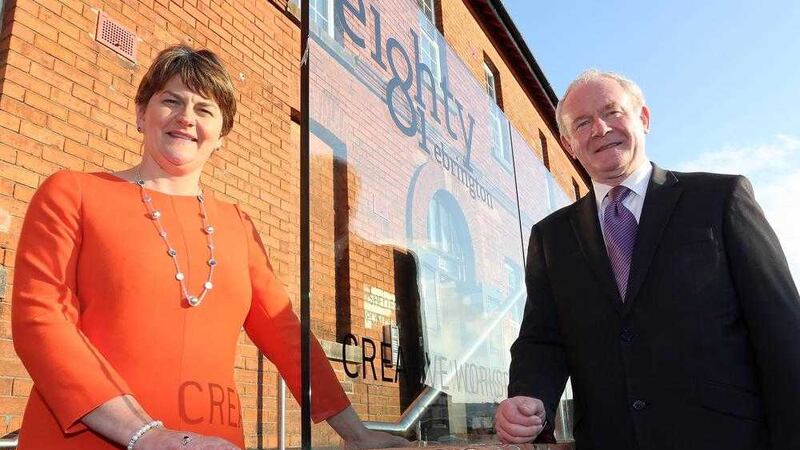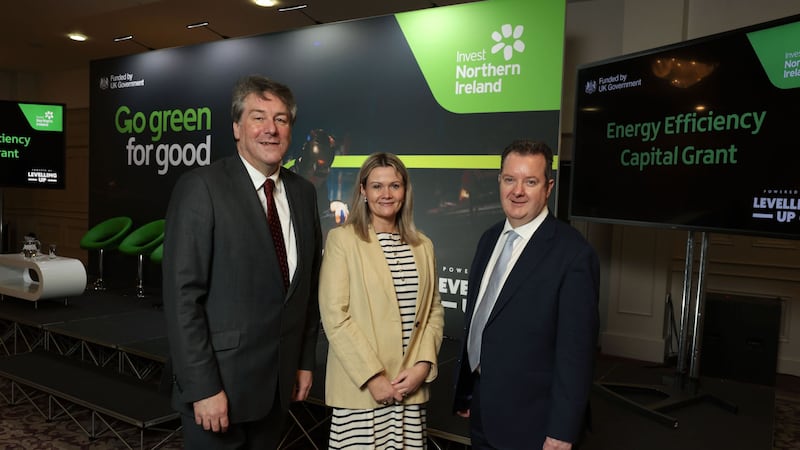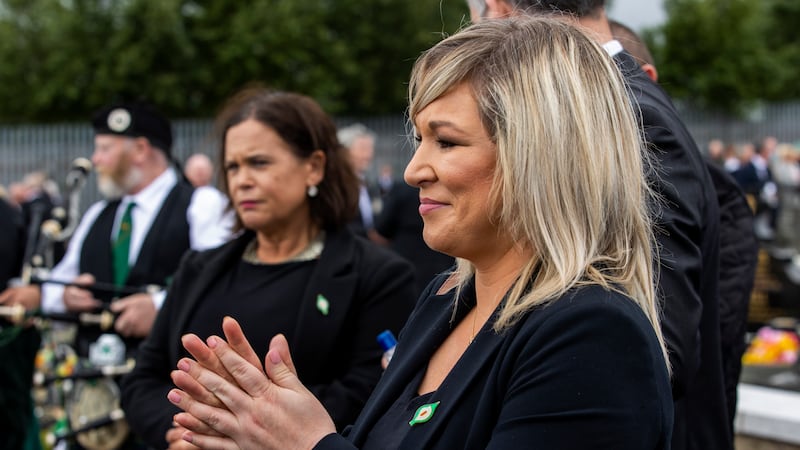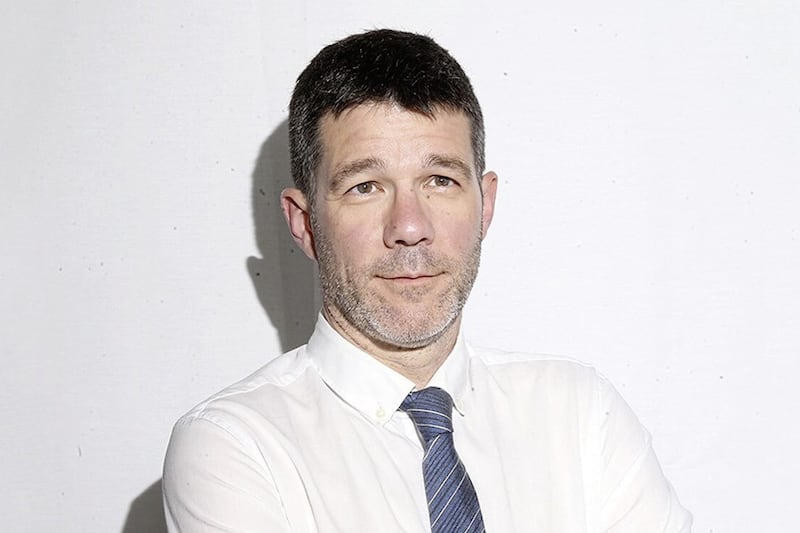NORTHERN Ireland society is often characterised as conservative and the result of Thursday's assembly election does little to undermine this view.
Despite notable gains by the left-leaning People Before Profit and Greens, the overwhelming majority of freshly-elected MLAs come from the parties that have governed Stormont for the past five years.
These are the same parties that created the welfare reform impasse, resigned then re-nominated their ministers and oversaw a mandate that delivered just 67 items of legislation in five years, many of them mere 'house keeping' bills. The general consensus is that Stormont hasn't delivered.
Yet nearly 85 per cent of those who voted gave the executive parties an endorsement – effectively saying: "More of the same, please". It's worth pointing out that around 45 per cent of those registered to vote chose not to, but the reasons for abstention among this disparate group can only be speculated at, and may have nothing whatsoever to do with the choice of candidates or the polices they represent.
For those that did go to polls and exercise their democratic right, it can only be surmised that their votes were cast not on the basis of past records but on what they hope may come to pass over the next five years.
In this regard, the signs are positive, though in terms of policy don't expect anything especially radical or ground-breaking. It's likely we'll see more of the 'jobs boost jobs blow' cycle, more lengthy hospital waiting lists and more crises in agriculture.
What may differ though, is the way these issues are addressed. Pre-election, the talk was of de-politicising health so it does not become an issue used for point scoring and other matters may yet be tackled with a greater sense of collective responsibility.
The mood music between the two big parties during the campaign suggested they were singing from the same hymn sheet, or more accurately, a draft Programme for Government, formulated some months ago.
This unprecedented level of co-operation on future policy may indicate a less adversarial relationship between the DUP and Sinn Féin, though it seems unlikely that this generosity of spirit will extend to other parties.
At the beginning of that last mandate, Peter Robinson famously said that Stormont would be judged on its delivery and even though it undoubtedly fell short of that goal, the people nevertheless gave their support to the incumbents.
The same rhetoric will no doubt ring out from the assembly benches in the coming weeks but in five years time will the electorate still be voting for more of the same?








